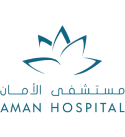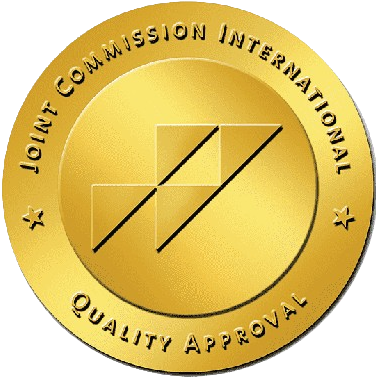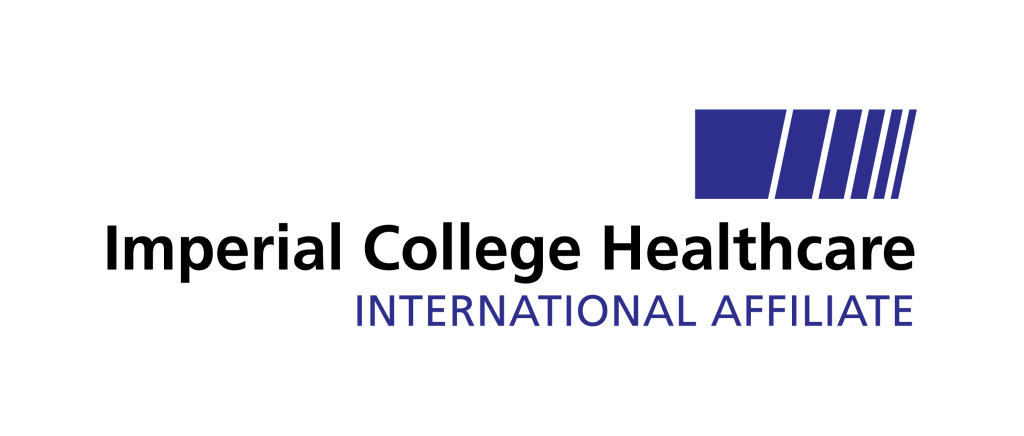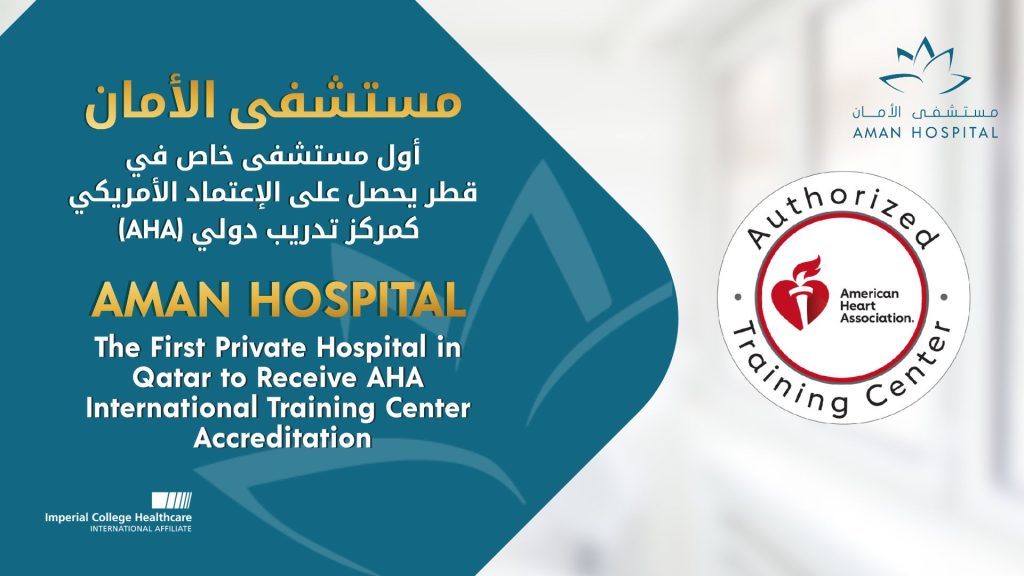Overview
Keratoconus is a degeneration of the cornea that is often genetic and/or related to excessive eye rubbing. It is diagnosed in young adults where it tends to be more advanced and severe.
This eye disease results in advanced thinning of the cornea that progressively protrudes outward into a cone shape. This may result in blurry vision, double vision, irregular astigmatism in addition to light sensitivity leading to poor quality of life. Regularly both eyes are affected. In more severe cases a blemishing or a circle may be seen within the cornea.
This eye illness generally begins to affect people between the ages of 10 and 25. The condition may progress gradually for 10 years or more.
In the early stages of keratoconus, vision problems might be corrected with glasses or soft contact lenses. Later, you may have to be fitted with firm, gas absorbent contact lenses or other types of lenses as recommended. If your condition progresses, you may benefit from ultraviolet crosslinking, corneal ring implantation, phakic intraocular lens implantation, and in advanced cases a cornea transplant.
Keratoconus is often diagnosed when an evaluation is done for laser refractive surgery and one of the images (corneal tomography) shows that there is an abnormal steepening of the cornea. This is a contraindication for LASIK surgery.
Who should consider the Keratoconus Specialty Unit visit?
It is recommended to visit your eye doctor if your eyesight is worsening quickly, which might be caused by an irregular curvature of the eye (astigmatism).
No one knows what causes keratoconus, though heredity and environmental elements are essential in the development of this eye disease. In addition, many risks factors can increase the chances of having Keratoconus such as chronic rubbing of the eyes.
If you develop any of the upper related factors, consider scheduling an appointment at Aman Keratoconus Unit.
What do we offer you at the Keratoconus Specialty Unit?
At Aman, we are equipped with the only UV crosslinking unit which can be done in a sitting position if needed and this suits some patients more than others. This is done to stop the progression of the disease.
Furthermore, our ophthalmologist who is a cornea specialist will review the details of the exam to see what the best options are to improve the vision. These are multiple and include an intracorneal ring or autologous corneal lamellar implantations, corneal transplantation, and special contact lens fit.
At our Keratoconus unit, our aim is to stop the progression of the disease and ensure good vision for those who come in with an advanced case.
What are the complications of Keratoconus?
In some circumstances, the cornea may swell rapidly and cause abruptly reduced vision and damaging to the cornea. The swelling regularly subsides by itself, but a scar may occur, and it can affect the vision.
Progressive keratoconus also may cause the cornea to become damaged, mainly where the cone is most bulging. A scarred cornea causes deteriorating vision problems and may necessitate cornea transplant surgery.
Our Team at the Keratoconus Unit
FAQs
- Qatar ID / valid passport
- Insurance card
- Laboratory studies (in case available)
For insurance and price inquiries, please contact our call center at +974 4400 4400 between 8 am to 10 pm.
The Keratoconus Specialty Unit in Aman Hospital is located at the following address: Ground Floor, Outpatient 2.
We recommend you allow enough time to park to ensure you arrive on time. Please plan to arrive 30 minutes prior to your appointment time. Our valet parking is here to assist you, take your car and park it safely in our underground parking.
Always feel free to bring someone with you to your appointments. A family member or friend can help ask questions, remember the information your care team gives you, and provide support.
Please call our call center at +974 4400 4400. They are available from Saturday to Thursday from 8 am to 10 pm to help you reschedule or cancel your appointment.
Our Support Services
- Specialized physical therapist who helps you to improve your joint pain and muscles strength, informs you on the proper ergonomic postures to prevent back pain, and customizes a targeted program that fits your health status. For any inquiry, please contact +974 4400 4400.
- Dietary services will guide you and your family regarding healthier food choices in case of dyslipidemia, diabetes, obesity and hyperuricemia. For any inquiry, please contact +974 4400 4400.
- Pharmaceutical services will guide you regarding your medications and/or biologic treatments: administration mode, timing, side effects, management in case of infection and address any question that may arise. For any inquiry, please contact +974 4400 4400.
- Nursing services for patient education who will provide you with all the information about your disease and treatment and answer your questions. For any inquiry, please contact +974 4400 4400.
- Healthcare practitioner who will coordinate all your appointments and make sure to schedule the appointments at your convenience. For any inquiry, please contact +974 4400 4400.
- Financial team who is here to secure your insurance approvals on time and assist you with any financial inquiries. For any inquiry, please contact +974 4400 4400.





